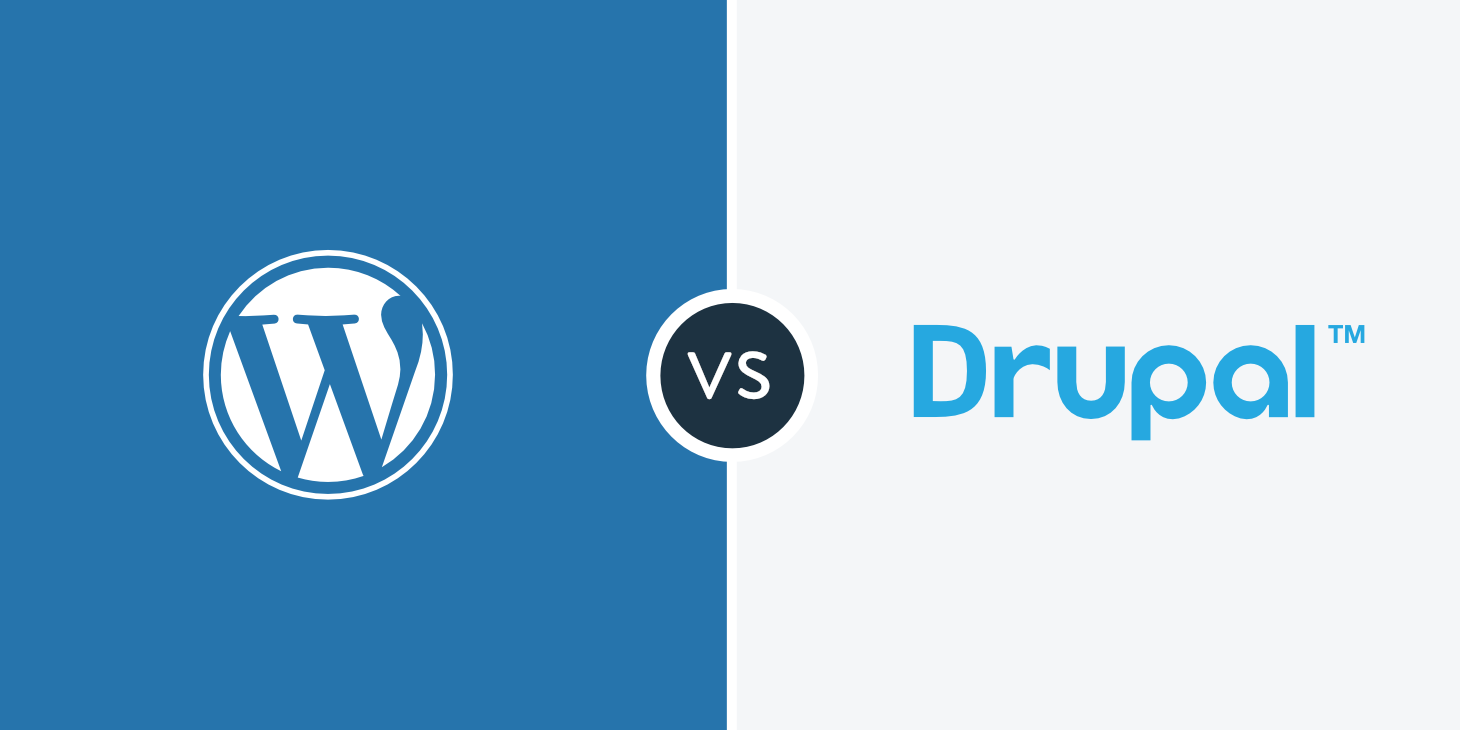If you’re in the process of creating a new website or blog and are trying to decide which content management system to choose, you’ve come to the right place.
The following article takes a look at two of the most popular content management systems available to help you manage your website content like a boss.
Keep reading to learn more about the features and benefits that WordPress and Drupal can bring to your business.
Introducing WordPress – The World’s Most Popular CMS
WordPress is an open source content management platform that offers two options for using its content management services. You can use wordpress.com to start with a basic introductory website that will get your feet wet and introduce you to the world of content management software.
Advanced users can go directly to WordPress.org to sign up for the platform and complete the following steps to get your new site up and running.
Setting up WordPress Hosting
Select the best hosting provider that meets your specific company needs and budget
Find a host popular hosting providers that offer WordPress website hosting.
Purchase a plan
Install your site on your new hosting server and setup your CPanel.
Launch your site
Log in to manage your site via WordPress Admin
WordPress Admin Login: https://yoursite.com/wp-admin
Access the WordPress dashboard and you’re ready to begin creating and customizing your new website. If you need tips for what to publish or your WordPress blog you can find some great ideas on how to create a WordPress blog here.
Advantages of Using WordPress vs. Drupal
Ease of Use – for most users WordPress is easy to install and use.
Unlimited Extensibility – using WordPress plugins adds unlimited functionality to your site.
Low Development Costs – WordPress development including plugins and other add-ons are much cheaper than their Drupal counterparts.
Drupal – Enterprise Content Management System
Drupal is an open source web content management system like WordPress. A major difference between the two is that Drupal provides web content management for global enterprises while WordPress can be used at either an individual or enterprise level.
Drupal is designed to support websites for the following global enterprises including Governments, Higher Education Institutions, and NGO’s.
Drupal Benefits
- Highly Scalable
- Integrated Digital Applications
- Flexible Content Architecture
- Unlimited Tools For Business
- Easy Content Authoring
- Multi-site Management
Setting Up Drupal Hosting
Select the best hosting provider that meets your enterprise needs and budget
Find hosting providers that offer Drupal website hosting.
Popular Drupal Hosts: Acquia, Just Host, SiteGround
Purchase a hosting plan
Install your site on your new hosting server
Select an Installation Profile From The Profile Types Below:
- Standard Installation – Install with commonly used figures pre-configured.
- Minimal Installation – Start with only a few modules enabled.
- Create the Configuration File
- Verify Requirements
- Setup Your Database
- Configure Your Site
Advantages of Using Drupal vs. WordPress
Custom Content – Drupal offers more flexibility and available content views than WordPress
Large Scale Content Management – Drupal provides taxonomies for large-scale content management out of the box
Multi-Lingual Capability – Drupal comes with built-in support for multiple languages that don’t require installing additional plugins.
Final Considerations
Now that you have some information on how these two popular web content management platforms work, you should feel more confident in making the best choice for your business needs. For both platforms important factors to consider when choosing a platform are:
Scalability – plan for growth and expansion of your business website to keep pace with your overall productivity. Be ready to make the necessary changes and upgrades in order to keep up.
Mobile Friendly – many potential clients and customers are browsing your site on a mobile device. Both WordPress and Drupal have options to optimize your content for mobile viewing. Be sure to take advantage of these features.
Security – this is an important consideration for self-hosted websites. Companies like Centrify specialize in providing large-scale solutions for secure website management for enterprises.
Combing these important factors with the best content management platform will assure the success of your website for many visits to come.
